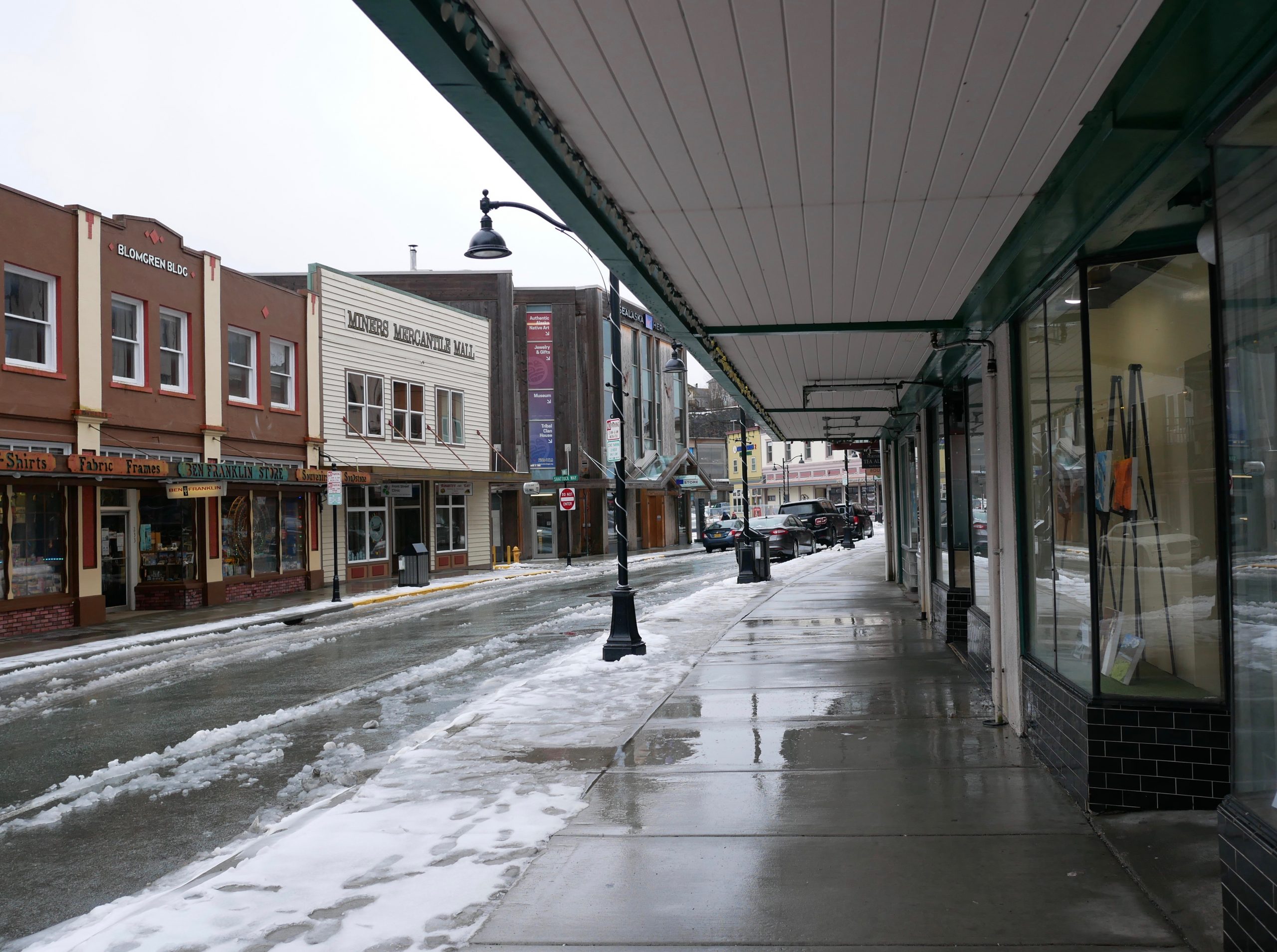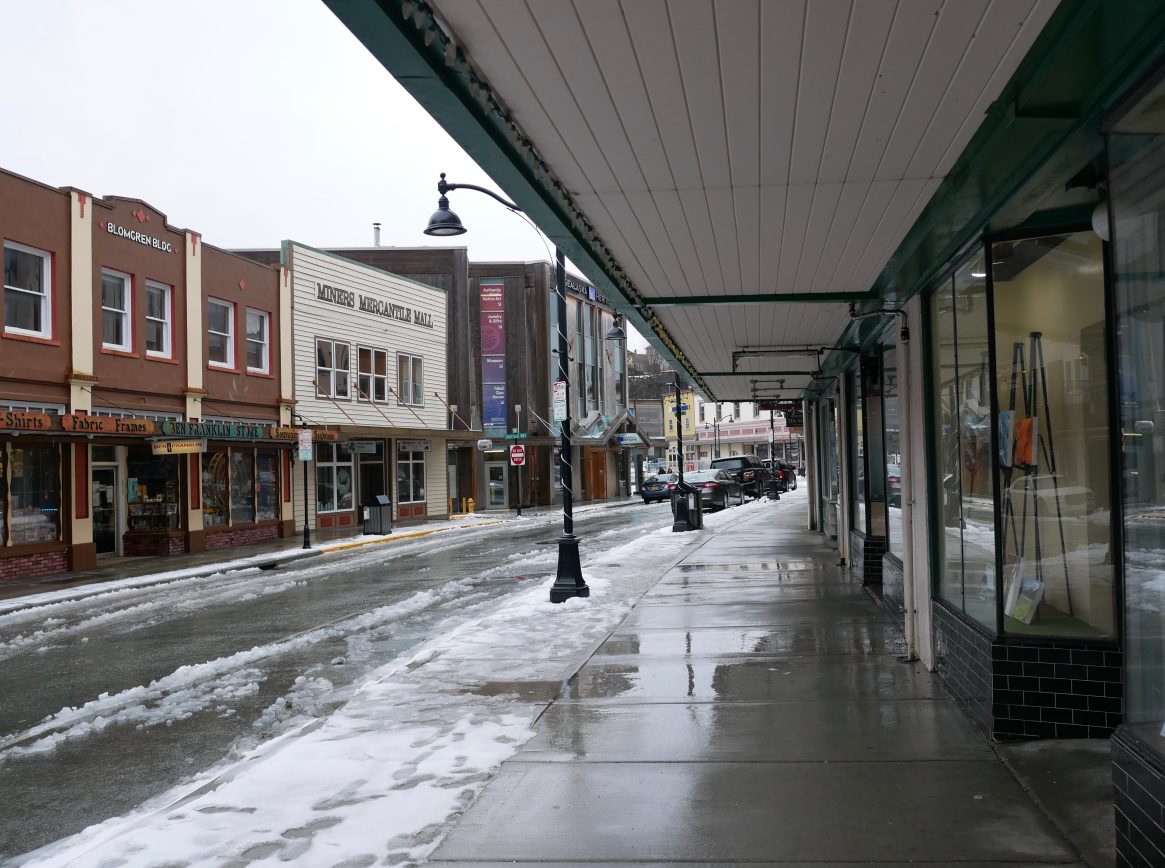
Do Not Confuse News with Fiction
by Anne Coray
Like many of us, I’ve been thinking a lot the past few years about truth and fiction. With the rise of questionable news sources and conspiracy theories, one has to ask whether fiction can stand on its own anymore.
The idea of “fake” news somehow caught on, and in the words of one of my Facebook friends, has “become a way to disparage any source that disagrees” with what we believe. But when I read what professional journalists have to say, I realize why putting the adjective “fake” in front of “news” is so dangerous. It implies that there is “true” news. That’s silly. News is news. A slant or bias can be put into it, sure, and viewers might interpret things differently, but I maintain that claiming the news itself is true or false doesn’t serve this country’s interest. Conspiracy theory is a category in itself, and shouldn’t be considered news.
Although I respect the journalistic principle that news should be objective, I believe that no journalism or news broadcast is completely bias-free. I applaud people who listen to various news sources. Note: news sources.
And then we have fiction. Which I mean in the literal sense: fiction as in literature.
As a literary author, I have plenty of latitude. My characters can say pretty much whatever they want and I won’t be held accountable. I can invent communities, I can invent place names—hell, I can even invent events. That’s only one of many reasons I didn’t pursue journalism as a career. Whetstone Cove, in my forthcoming novel Lost Mountain, will not be found on a map. Nor will the communities of Valatga Qayeh or Karshekovski.
But even in the literary world there can be disputes over fact and fiction. My friend and fellow writer Richard Chiappone has a crime novel, The Hunger of Crows, coming out in November. The editor wanted him to use real place names instead of invented ones. The rationale is that readers of crime novels like to look places up. In geographical terms, they are literalists. Richard can explain better than I the inherent difficulties of this. Let’s just say: both Richard and I opted for disclaimers in our novels.
With literary fiction, truth and invention often blur. Although the communities in my novel are the product of my imagination, people will certainly recognize the company that inspired Ziggurat Inc.
In historical fiction, some authors opt to invent a character name, even when that character is based on a real person. One of my favorite books of all time is Robert Penn Warren’s All the King’s Men. If you haven’t read it, Warren’s character Willy Stark was inspired by the politician Huey Long.
Other historical fiction writers take more liberty, using real names for characters based on real people. Sometimes the characters do and say things that are completely invented. How one handles this is an entirely personal choice, and readers have different degrees of tolerance for veering from factual accuracy.


Thanks for this very enjoyable read, Anne.
I like that transition from fake news to fiction, the “disputes over fact and fiction” and the free range to “even invent events.”
Worthy topics to dissect.
Your invented town name – Whetstone Cove – is great.
I sure am looking forward to reading Lost Mountain (and The Hunger of Crows – fun getting insight on that process with real vs. invented settings as well).
Thanks, Sean. It would be great fun to have a longer, in-person talk about this some day. Let me know if you are ever in Homer during the winter months.
Hi Anne.
I’m looking forward to reading the final version of your novel–which I saw in some early drafts. Having agreed to use the real place name of the setting for my own novel, I’m still twisting with doubt whether that was a good idea. I have to live in this town.
Rich